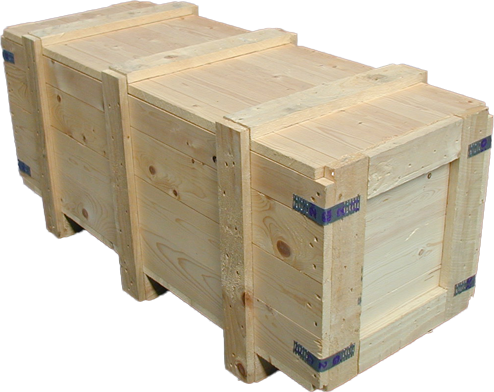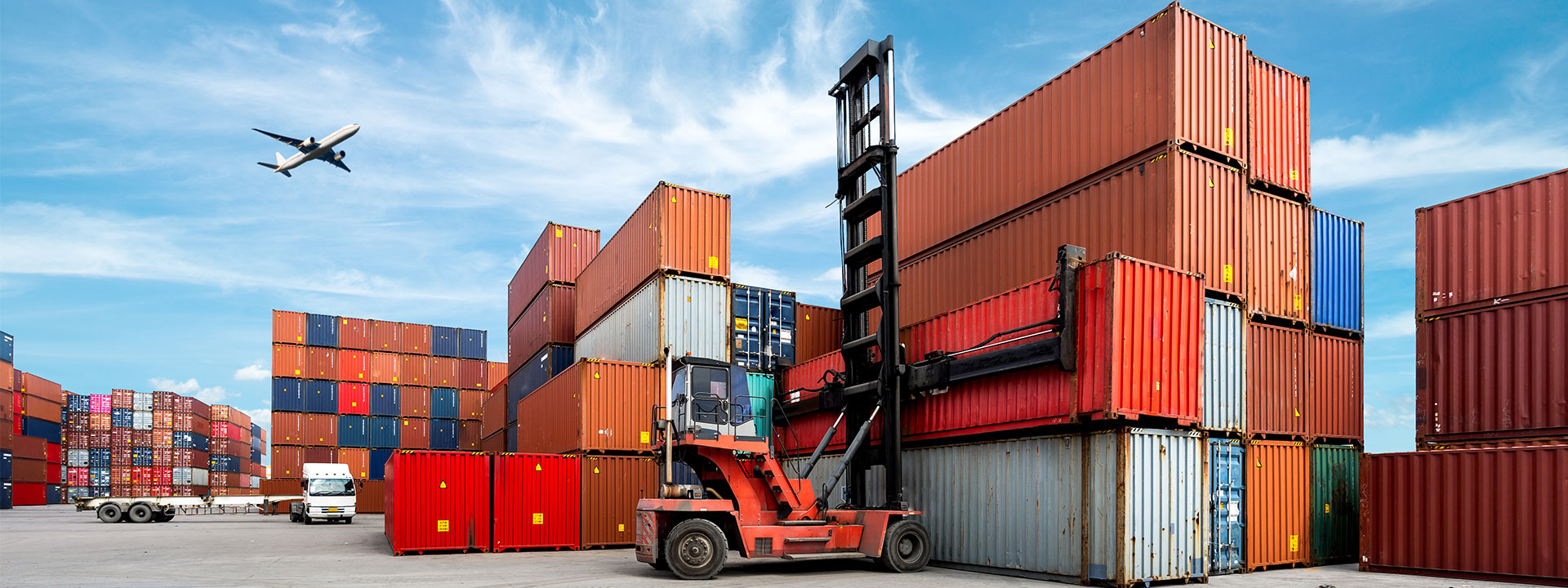
Batten Round Timber Case
Strong robust design ideal for export
Cases For Industry, a division of leading single-source packaging solutions specialist FDL Packaging Group, offers a wide range of high quality wooden packaging cases, pallets and sea-going containers.
All products are manufactured on site where, in addition to standard stock lines, a bespoke design service is also offered to those customers with special packaging requirements.
As a responsible manufacturer, Cases For Industry ensures that all wooden packaging materials used are only sourced from wholly sustainable environments.
As part of the Forestry Commission Marking Programme for treated timber, all products can be produced from materials that meet the current export regulations for timber packaging (ISPM15).

The strongest-ever case for using Cases for Industry. The additional benefit of experienced freight-handling to provide a completely seamless service makes the ever case for using Cases for Industry.
The fact is, shipping goods or products overseas is a delicate operation. Which is why you need the help and support of the export experts.
First and foremost, the packaging needs to be just right to ensure that your precious goods arrive at their final destination exactly as they were when they were dispatched.
You can either have your goods packed at our facility or we’ll come out to do the packing at your premises.
The key advantage of using Cases for Industry lies in the fact that we make the packaging, do the packing and handle the freight forwarding, offering a completely seamless, smooth and efficient that delivers the goods on time, every time.
Operating from an eight-acre site in Knowsley, Merseyside, our export operation offers Cases for Industry customers a comprehensive handling service for all types and weights of cargo, unrivalled in quality and scope.
Our expert staff are permanently on hand to make sure everything runs smoothly with the packing and shipping of your valuable cargo.
Cases for Industry can help with any requirements you may have when exporting products to destinations worldwide.
As part of the Forestry Commission Marking Programme for treated timber, all products can be produced from materials that meet current export regulations for timber packaging (ISPM 15).
Our expertise in packaging design and are second to none. You can rest easy in the knowledge that our freight forwarding service will know exactly what’s in your cargo, how it’s been packaged and precisely how to handle it.
CFI can also supply the complete package of necessary documentation for export to destinations worldwide including Europe, North America, South America, Australasia, Africa and Asia.
Cases for Industry runs a 24 hour shift, giving it the flexibility and agility to rapidly respond to any last minute customer requirements.


As a responsible manufacturer, Cases For Industry ensures that all wooden packaging materials used are only sourced from wholly sustainable environments.
We operate to BS EN ISO9001 Quality Standard and BS EN ISO14001 Environmental Standard giving customers the reassurance they need that Cases for Industry’s products and services adhere to the very best practice in minimising their impact upon the environment and maximising quality.
As part of the Forestry Commission Marking Programme for treated timber, all products can be produced from materials that meet the current export regulations for timber packaging (ISPM15).
Cases For Industry can supply any product manufactured from heat-treated or kiln-dried timber, with heat-treated timber meeting all current regulations, having been heated to a minimum core temperature of 56oC for a minimum of 30 minutes (HT).
Our wooden packaging can offer several environmental benefits, contributing to sustainable and eco-friendly practices:
Wood is a renewable resource, as trees can be replanted and regrown. We source our timber from mills with active responsible forestry practices, to ensure that the rate of harvesting is balanced with tree regeneration, maintaining the long-term sustainability of wood as a packaging material. This reduces the reliance on non-renewable resources and helps preserve natural ecosystems.
The production of wooden packaging generally requires less energy compared to other packaging materials, such as plastic or metal. Wood processing and manufacturing involve fewer energy-intensive processes, resulting in lower energy consumption and reduced environmental impact.
Wooden packaging is generally less toxic to the environment compared to some other packaging materials. Unlike certain plastics or metals, wood does not tend to release harmful chemicals or pollutants when decomposing. This helps preserve water and soil quality, reducing the risk of contamination.
Wooden packaging can be utilized for energy recovery through processes like biomass or biofuel production. At the end of its useful life, wood can be converted into renewable energy sources, such as heat or electricity, providing an alternative to fossil fuels and further reducing carbon emissions. During the colder months within our facility, we regularly use our scrap wood as a heating source.
Wooden packaging can be designed for reuse, extending its lifespan and reducing waste generation. It is often sturdy and can withstand multiple uses, making it suitable for returnable packaging systems. Additionally, wooden packaging can often be repaired or refurbished, minimizing the need for new packaging materials.
Using our wooden cases, crates, pallets and stillages for transporting your goods offers a number of benefits, highlighted below.
Wooden cases are known for their strength and durability. They provide excellent protection for goods during transit, especially for heavy or fragile items. This sturdy construction of wooden cases helps safeguard the contents from impacts, vibrations, and rough handling, reducing the risk of damage.
Our Wooden packaging all manufactured with customer specific requirements in mind so as to ensure they are ideal for your product. Our highly experienced team regularly visits customer sites to design packaging for very specific items. Our packaging can be designed and built according to the size, shape, and weight requirements of the goods being transported, meanwhile we can also offer options such as water resistant lining, internal cushioning, dividers, and securing mechanisms, to ensure a snug and secure fit for the items inside.
Wooden cases are typically designed to be stackable, optimizing storage space during transportation and warehousing. Their uniform shape and sturdy construction enable them to be securely stacked on top of each other without compromising stability or risking damage to the contents. This stackability can help maximize the use of container space, reducing costs and increasing efficiency.
Our wooden packaging solutions are often reusable, providing a sustainable packaging solution. After reaching their destination, the cases can be easily disassembled, stored, and reused for future shipments. This reusability not only reduces waste but also helps lower long run packaging costs.
Wooden packaging can provide an environmentally friendly option, particularly when they are made from sustainably sourced wood. We source our timber from mills that focus on sustainable forestry practices such as the ongoing replenishment of trees. Additionally, wooden cases are biodegradable and can naturally decompose over time, reducing their impact on landfills compared to non-biodegradable packaging materials.
Wooden cases are generally more cost-effective than some alternatives, such as plastic or metal containers. Wood is a relatively inexpensive material, and the construction of wooden cases requires less specialized equipment compared to other packaging options. This cost-effectiveness can be especially beneficial for businesses shipping goods on a large scale.
Wooden cases can convey a sense of quality and craftsmanship, which can enhance the perceived value of the transported goods. Meanwhile we are able to stamp our products with customer branding, logos, batch numbers and more, so as to ensure they are clearly labelled up for you. The natural look and feel of wood can also contribute to a positive brand image, particularly for products that emphasize sustainability, craftsmanship, or a rustic aesthetic.